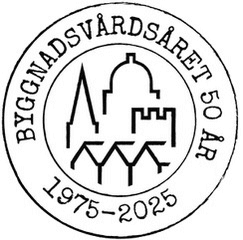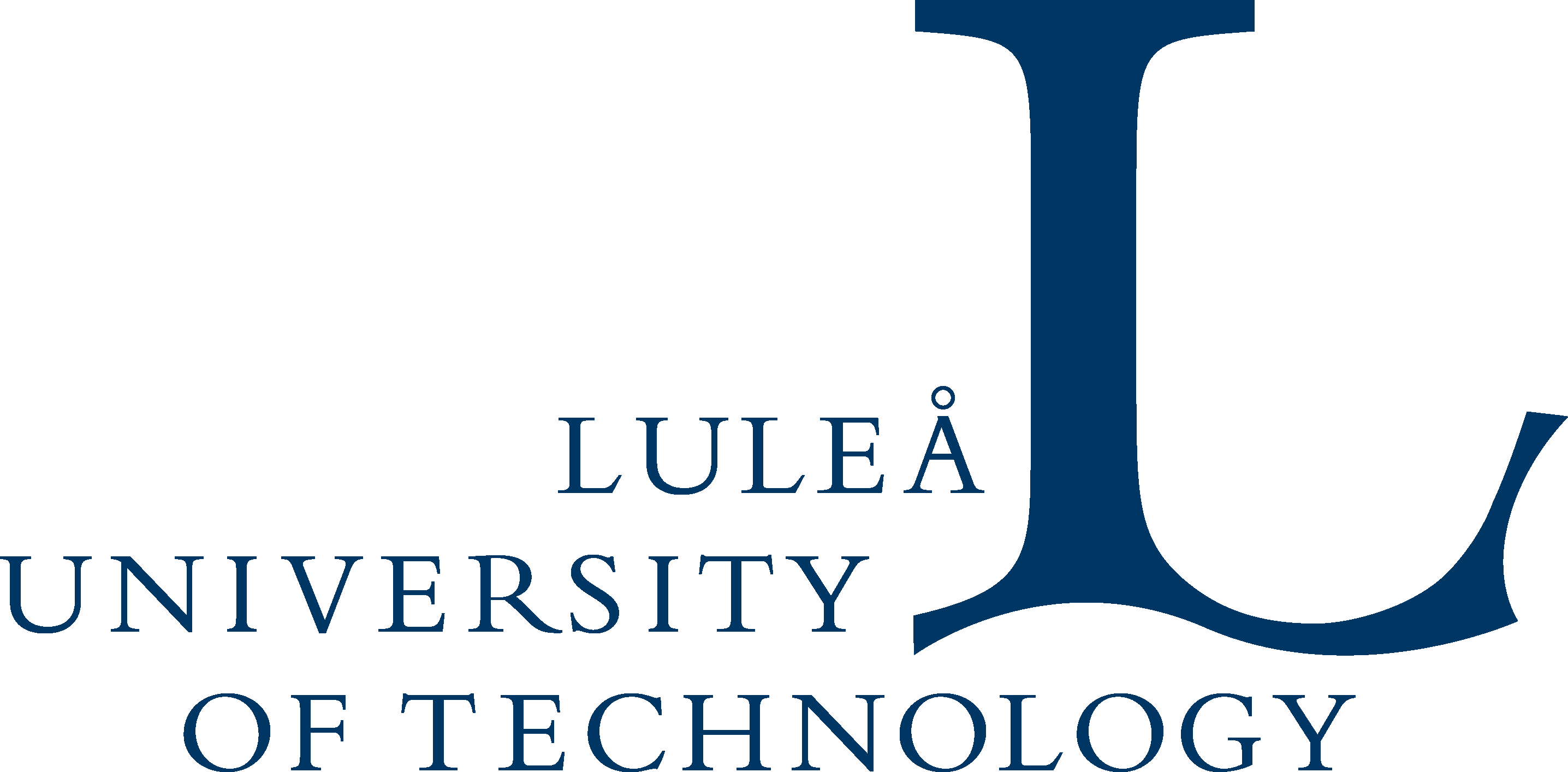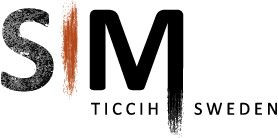

 Read more about BVA50 |
WELCOME TO TICCIH 2025SAVE THE DATE |
|
The next TICCIH Congress will be held in the mining town Kiruna in northernmost Sweden, August 25 – 30, 2025. The title of the congress is “Heritage in action: Legacies of industry in future making” and will focus on tensions and controversies surrounding industrial heritage and its relation to wider tensions in present day society. Themes will range from issues regarding sustainability, inclusion and colonialism to future generations, popular culture and AI.
The congress location is Kiruna, a small town in the Swedish Arctic, with a rich industrial history. The town was officially established the year 1900 as part of large project to extract vast iron mineralization’s in the region. However, people have inhabited the region for thousands of years. Steel making based on bog-ores in the area dates back 2000 years, while mining and early modern metals production dates back to the 17th century. The mine in Kiruna is still in operation and is the largest underground Iron ore mine in the world. The town and the region is also subject to a new wave of industrialization including rare earth elements mining and the production of Co2 free steel. This development takes place in lands where industry compete with traditional land uses of indigenous people and national minorities, such as Saami reindeer herders and Tornedalians, which causes growing tensions about land use and the future.
There will be several pre- and post-congress excursions offered at varying cost to choose from. Pre-congress excursions include visits to the Arctic Mine Fields and Hydroelectric Plants of Northernmost Sweden, the Center of the Green Industrial Transition in Sweden, and The Mid-Swedish Mining District Bergslagen. Post-congress excursions include visits to the Torne River Valley, an Oil-rigg in Stavanger, the Röros Copper Mine, and Svalbard.
The 19th TICCIH Congress in Kiruna is organized by Luleå University of Technology, a leading university in the European Arctic, and the TICCIH sections in Sweden and Norway, in collaboration with Jernkontoret, the Swedish National Heritage Board, LKAB, the municipality of Kiruna and a range of leading actors within industry and civil society in the Scandinavian north.





